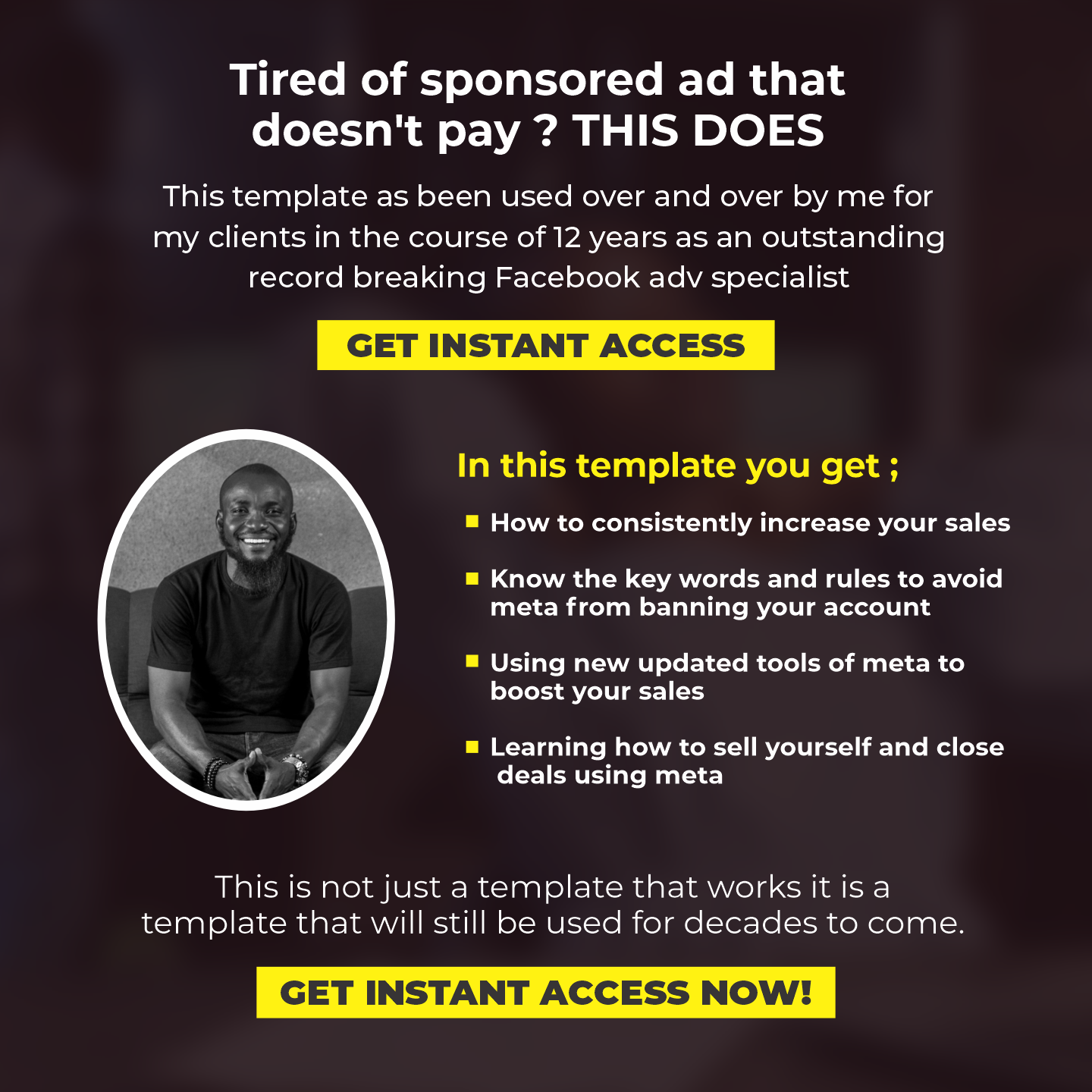“Words That Hurt: The Hidden Pain of Emotional Abuse and Depression”: Abuse doesn’t always leave bruises. Sometimes, it leaves questions. Doubts. Apologies for things you didn’t do. For Chinwe, emotional abuse crept in quietly — masked by affection, hidden under concern.
“After everything I’d been through, I thought he was different,” she recalled. “He even warned me: ‘If you ever notice me being emotionally abusive, tell me.’ I thought that meant he’d never do it.”
But the red flags came. Slowly. Subtly.
“When I told him he’d hurt me, he flipped it,” Chinwe said. “I ended up apologizing. Every time.”
Over time, the pattern deepened. Gaslighting. Blame-shifting. Minimizing her feelings. “I felt like I had to walk on eggshells to avoid fights,” she said. “And when things went wrong, it was always my fault.”
The Invisible Bruises of Emotional Abuse
Unlike physical abuse, emotional abuse doesn’t leave visible wounds. But it damages a person’s mind, confidence, and sense of reality.
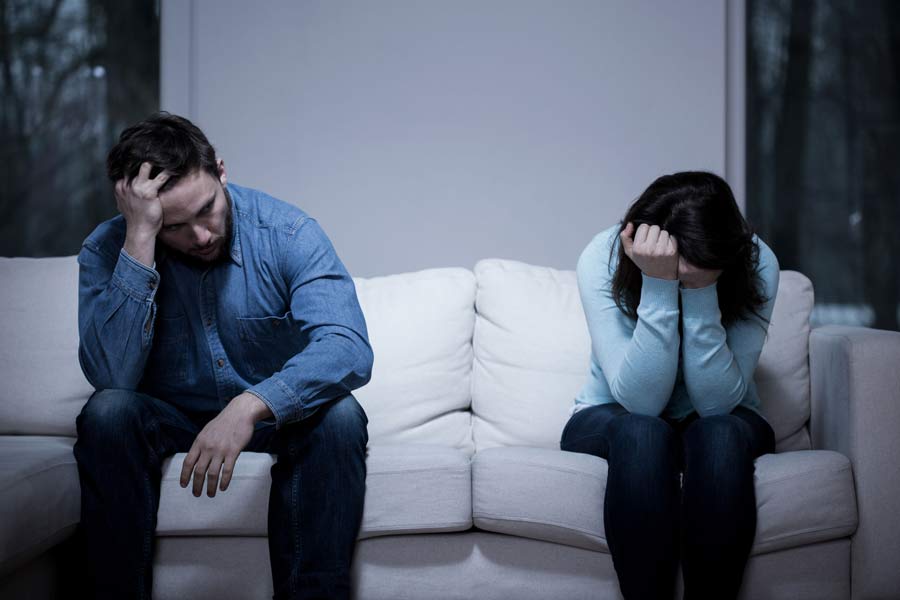
Signs someone may be experiencing emotional abuse and depression:
- Constantly apologizing, even for things beyond their control
- Doubting their own memory or feelings (“Maybe I’m overreacting…”)
- Isolating themselves from friends or family
- Mood swings or persistent sadness
- Losing interest in hobbies, academics, or life itself
Chinwe’s friends noticed she was drifting away. “They thought I didn’t care anymore,” she said. “But really, I was trapped. I didn’t know how to explain it.”
Her family didn’t notice either. “Mental health is so overlooked here,” she noted.
“Even in families. No one checks if you’re okay mentally.”
Mental Health Awareness: The Urgent Need for Change
Emotional abuse is rarely taken seriously in Nigerian society. Victims are told to “adjust,”“submit,” or “be patient.” Mental health struggles are dismissed as weakness or overthinking.
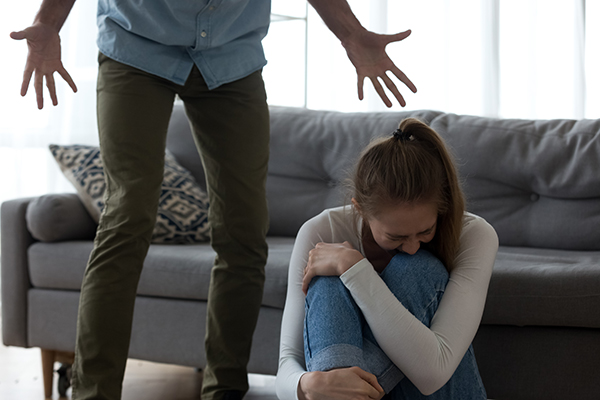
But emotional abuse is real harm — and it can lead to serious mental health issues like depression, anxiety, or suicidal thoughts.
What We Need to Do:
- Educate people about emotional abuse. It’s not “normal drama” or “love quarrels”
- Create safe spaces for people to speak up — schools, workplaces, churches
- Encourage therapy and counseling without shame.
- Stop blaming victims for staying. Abuse is designed to make leaving hard
- Check in on friends who seem distant. Don’t assume they’re fine.
If someone confides in you:
- Listen without judgment.
- Believe them.
- Don’t minimize their experience (“It’s not that bad”).
- Help them explore safe exit plans and professional support.
A Call for Compassion
“I thought I was the problem,” Chinwe reflected. “I thought if I could just be better, he’d stop. But that’s the lie abuse teaches you.”
Her depression deepened. Her world grew smaller. Yet no one saw it — because emotional abuse doesn’t show.
We need to start looking deeper. Listening better. Caring louder. Mental health isn’t optional.
It’s not a privilege. It’s survival.
No one should have to fight invisible battles alone. It’s time we stopped ignoring quiet suffering.
It’s time we spoke, listened, helped.
Mental health matters. Emotional abuse matters. And every life deserves dignity, healing, and hope
Read the latest edition of SuccessDigest: The Walter Enyinnaya Story: From Rock Bottom in a Mud House to a $5,000/month Freelance Income

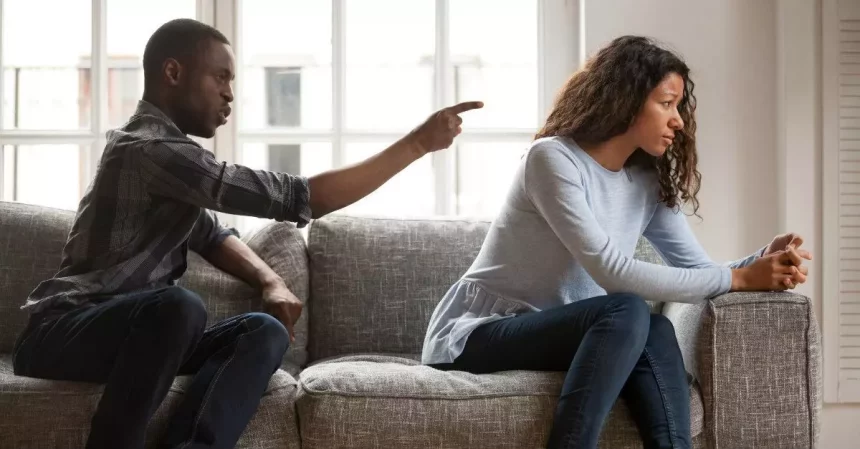



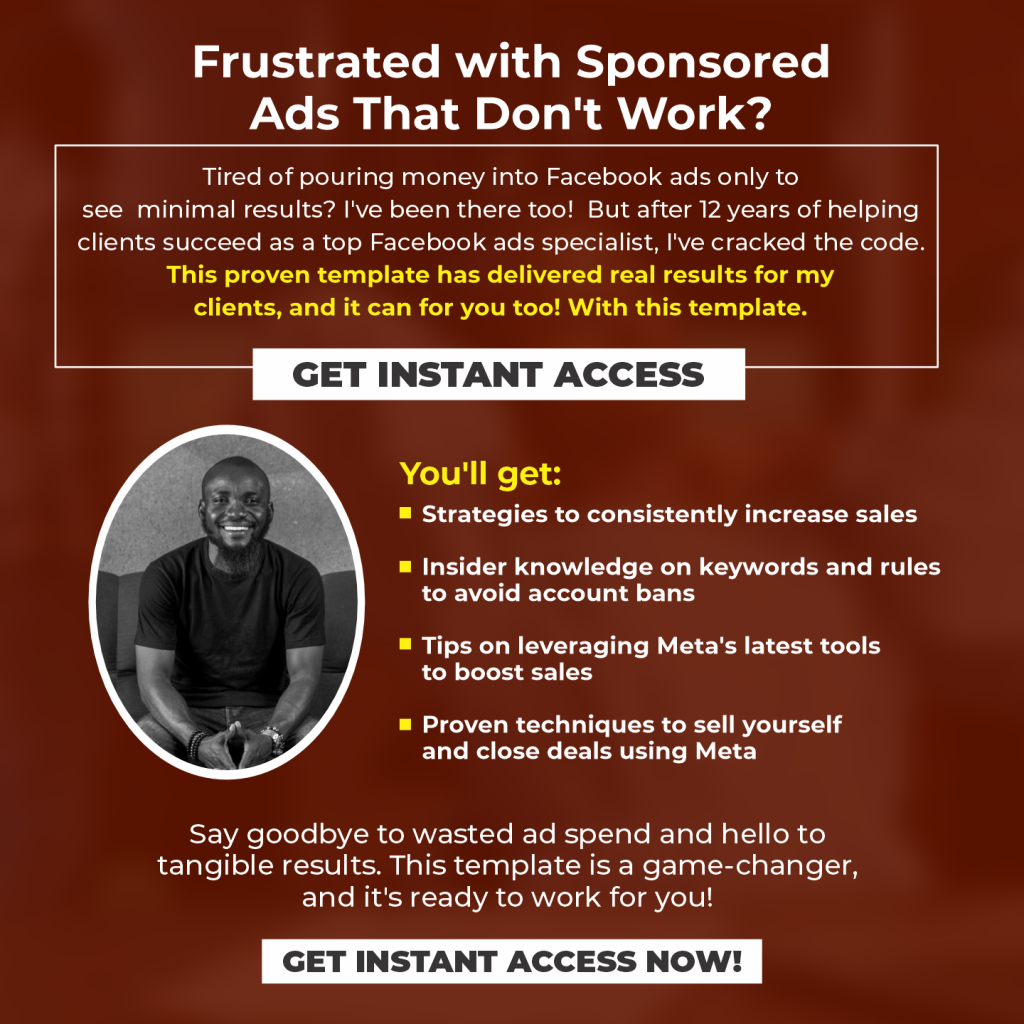

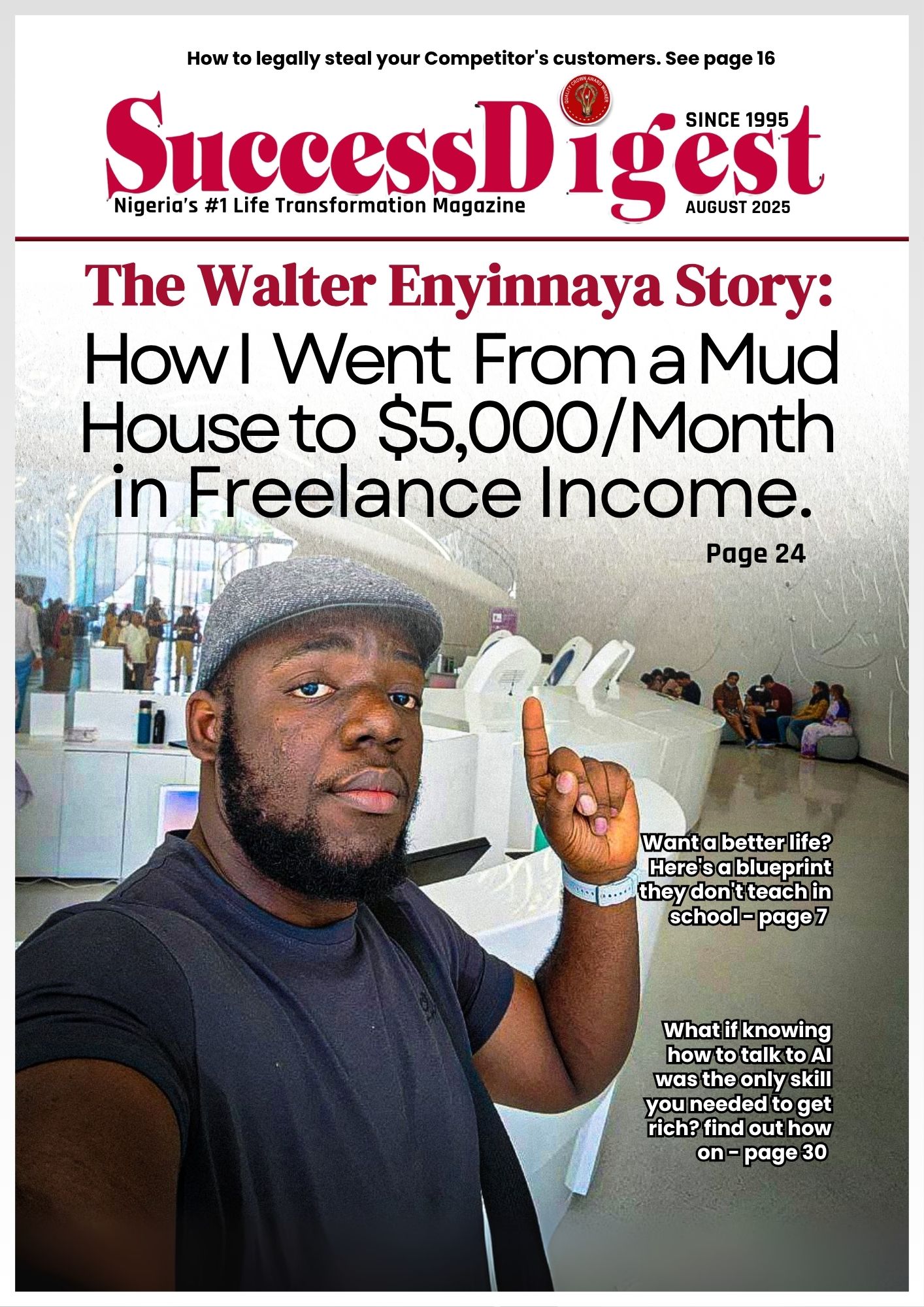

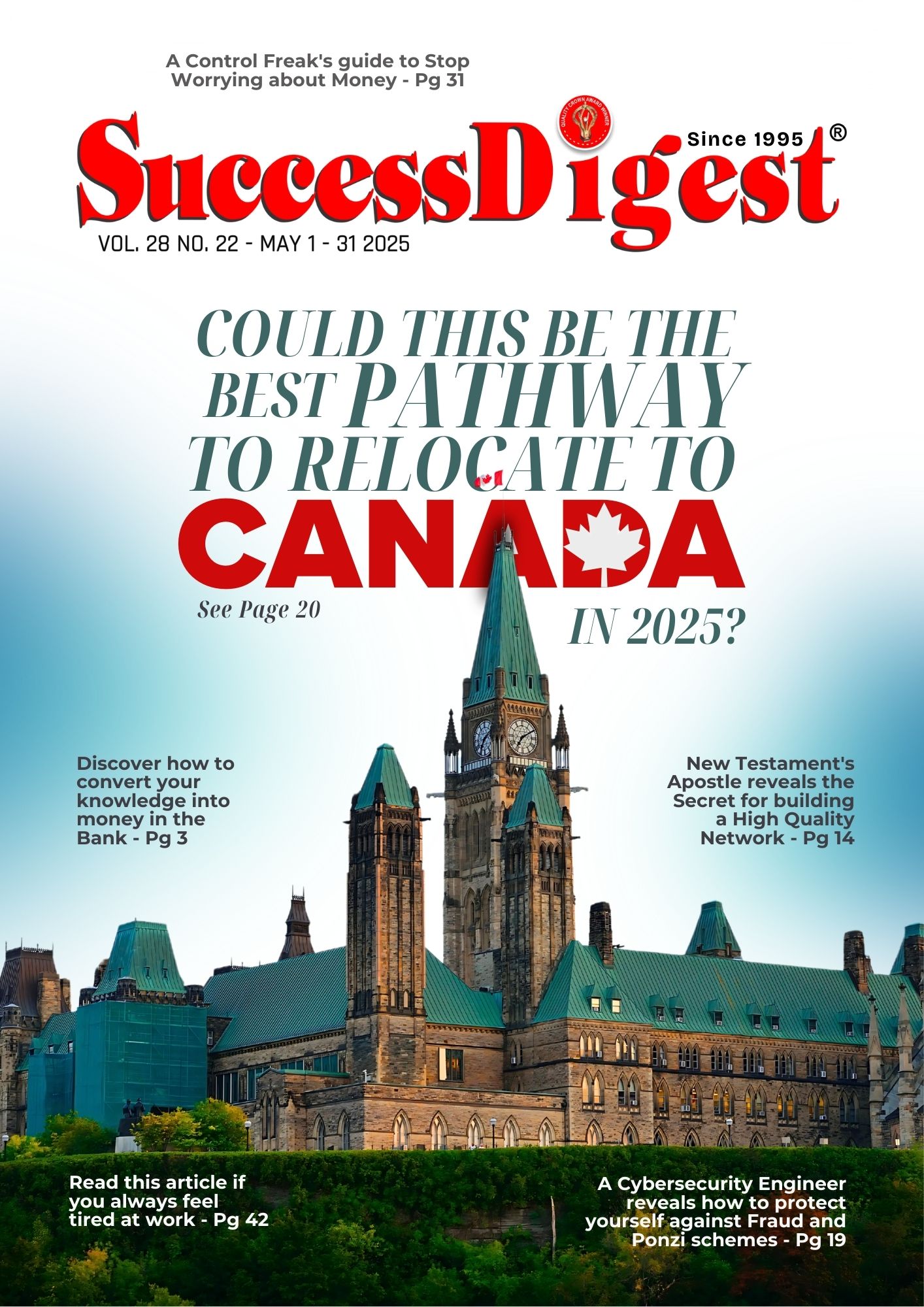


![How To Sell Your Knowledge For Profit [3]](https://successdigestonline.com/wp-content/uploads/2025/01/college-student-feels-frustrated-overwhelmed-with-learning-struggles-420x280.jpg)
